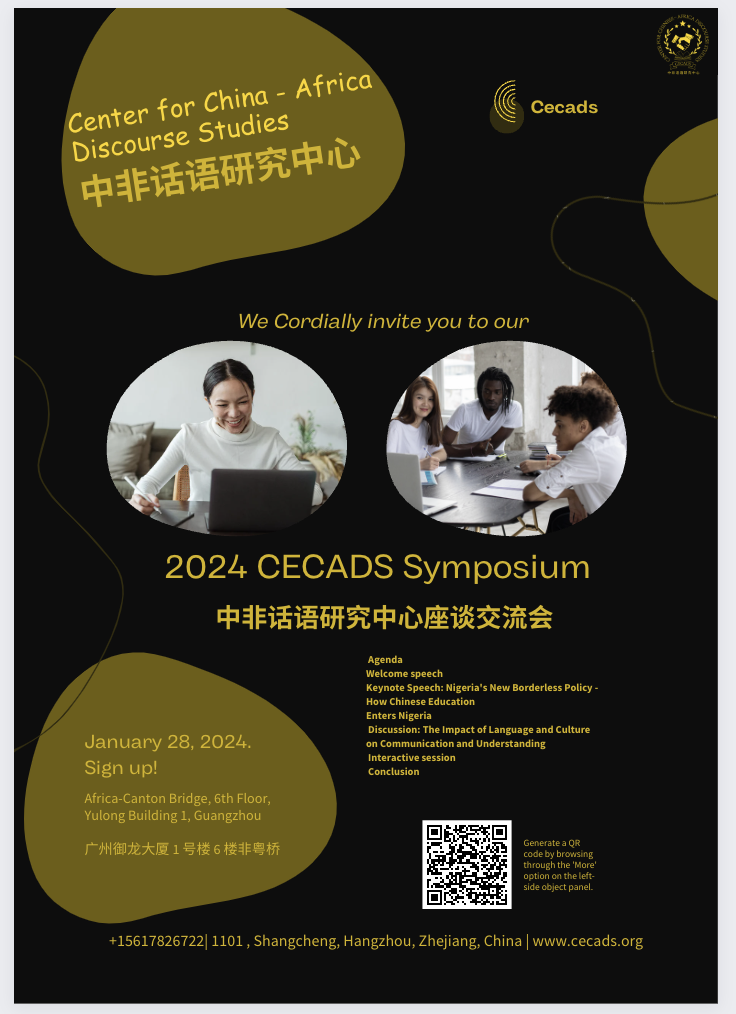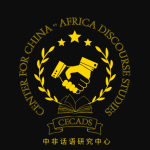
The Danger of a Single Story: Looking at the Narratives Around China-Africa Relations
Africa Day celebration held in China in May
Date: 23rd May, 2025
Venue: Marriot Hotel, Beijing
Inaugural Africa Day celebration, aimed to project a vibrant and authentic image of Africa to a global audience, is billed to hold in China in May. The Center for China-Africa Discourse Studies made this known on Wednesday in Lagos.
The Communications Director of the centre, Queen Modestus, said in a statement that Africa Day in China was being spearheaded by Africans residing in China.
“In what is being described as the biggest celebration of Black culture in Asia, preparations are underway for the first-ever Africa Day celebration in China, scheduled to take place on May 23 at the Marriott Hotel in Beijing,” Modestus said.
The director said that the celebration had the support of major African corporations.
“The event will be hosted by Dr Joseph Olivier Mendo’o, Head of the African Youth Delegation in China and one of the 100 most influential people of African descent (2023).
“We don’t want to let the cat out of the bag, but a prominent Nigerian bank and the national airline of an East African country are among the lead sponsors.
” Additionally, a major South African brand is expected to join, alongside several non-profit foundations and intellectual bodies advocating good governance and pan-African unity.
“This is not just a celebration; it is a cultural statement. Too often, Africa is misconstrued as a single country due to racial homogenisation,” she said.
Modestus said that the event was being aimed to dismantle such a misconception and present the continent in its full richness and diversity.
She described the initiative as a celebration of Africa by Africans for Africans, adding that it would blend corporate support, academic engagement and community involvement.
“Also, foundations with strong pan-African values are expected to play an integral role.”
She said that the celebration was being intended to become annual.
Amb. Martin Mpana of Cameroon, who is the Dean of the African Diplomatic Corps in China, is expected to give an address at the occasion, according to Modestus.
She added that the event would feature a high-level panel discussion and a dedicated forum for African community leaders.
QUICK LINKS
Share on
Latest Post



Symposium of The Center for China-Africa Discourse Studies


